Source: IMPHAL FREE PRESS
Posted: 2010-05-25
Any discussion on the plight of children at this juncture cannot but begin with a salutation and prayer for the children amongst those displaced by the violence at Mao Gate on May 6 and the atmosphere of insecurity still prevailing in and around the highway township. Although unfortunately media coverage of their plight has been very scarce in the state on account of the continued uncertain political condition, marked most prominently by the blockade on the two national highways, in this case the NH-39, there is no gainsaying what the suffering these innocent, young and impressionable minds must be put through at this moment. We urge upon the government of Manipur and all the parties involved in the faceoff to ease their stances, if not for anything else, then at least to restore the conditions that would pave the way for a return of normalcy at the Mao Gate area in particular and in the two states of Nagaland and Manipur at the soonest so the scars on the minds of the children are not further deepened.
This condition of course had been created by an unfortunate emergent situation, and hence is an exception to be tackled as an exception. There are however other more sustained and invisible threats to the welfare of children in general resulting not so much from any wilful policy intent, but from sheer negligence coming out of a presumption of familiarity. One of these came to light recently during a function at a destitute home in Imphal which was sending off three of its long time residents, one of them after he reached the age of 18 and the other two because they had appeared for the matriculation examination. As is the case in most such charitable homes all over the country, children residents are obliged to become dissociated from their umbrage upon completing school or else reaching the age of 18, whichever comes first.
In this extremely competitive age, to be left to fend for yourself, with no guarantee of security of a home to return to, at 18 and with no employable skill or degree, would be an intimidating prospect for anybody, but for a homeless orphan who grew up in public homes, this would be a nightmare. Indeed some years ago, before the cut-off age norm for ejection from these homes were introduced, there have even been cases of children deliberately failing their exams so as to delay their departures. In Manipur there are at least a dozen such homes both in Imphal and in the other districts, and every year on the average a dozen or two would be completing school and thus having by law to forsake the roof over their heads and the guarantee of at least two square meals a day. This, nobody will dispute is cruel. Nobody other than the most desperately poor would do this to their own children. If this is so, why should the society and more pertinently the government allow this to continue without even bothering to give them a thought.
There are two approaches that we can suggest to overcome this issue. One, the government as well as charitable organisations must invest in building buffer institutes where children who pass out from children homes can enlist and prepare further for at least another two years to prepare to meet the world on their own. Given the circumstance in Manipur today, these could be vocational training institutes where the children are taught job oriented skills. For the bright students, the government could introduce some fellowships for them to continue further studies and acquire the knowledge and skills for higher level professions. The other approach is not to wait for school to be over and to instead introduce vocation training say after Class 8, so that by the time they pass out from these homes, they would have been imparted employable skills of their choices for at least two years. This could also be by way of apprenticeships that the government can arrange with private enterprises offering blue collar jobs such as motor car workshops, tailoring shops, printing presses, electronic repair shops etc, according to the aptitudes and inclinations of the children. For obvious reason this latter option would also be the second, to be applied only if the first option of setting up buffer institutions is not feasible for whatever the reason.
Tuesday, May 25, 2010
Plight of Children
Subscribe to:
Post Comments (Atom)



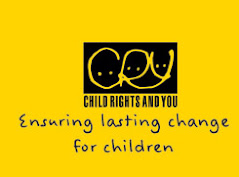





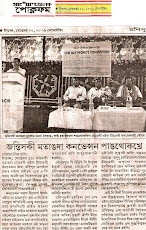
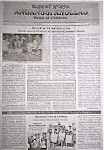
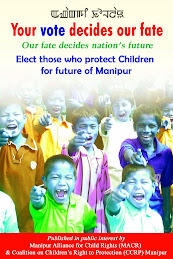





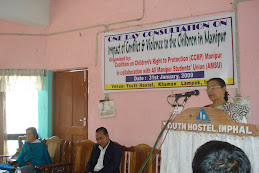
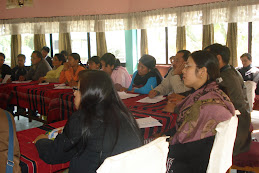
No comments:
Post a Comment